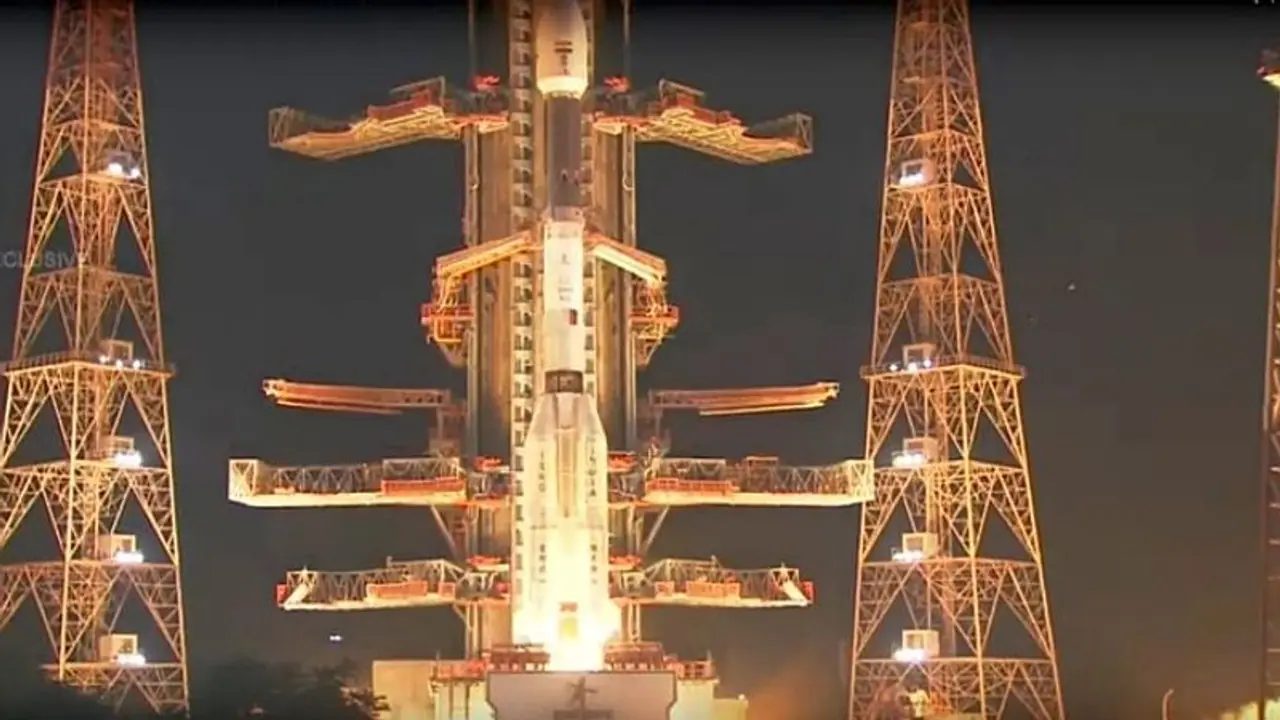Cryogenic Upper Stage ignition did not happen due to technical anomaly and the mission could not be accomplished as intended, ISRO said.
Indian Space Research Organisation on Thursday informed that the GSLV-F10 mission was 'not fully accomplished'.

ISRO took to social media to inform that after the launch took place as scheduled at 0543 hours, the performance of the first and second stages was normal.
However, Cryogenic Upper Stage ignition did not happen due to technical anomaly and the mission could not be accomplished as intended.
The 79th launch vehicle mission from the Satish Dhawan Space Centre SHAR in Andhra Pradesh was to deploy Earth observation satellite EOS-03 in the geostationary orbit.
The GSLV, in its 14th flight, was to deploy in the geosynchronous transfer orbit following which EOS would use its onboard propulsion to guide itself into the geostationary orbit.
EOS-03, which was to have a mission life of 10 years, was expected to provide near real-time imaging of large area regions of interest at frequent intervals.
The EOS-3 was to be used to obtain spectral signatures for agriculture, water bodies, forestry as well as for disaster warning, cyclone monitoring, cloud burst and thunderstorm monitoring. The satellite could have also facilitated early monitoring of natural disasters, episodic events and any short-term events.
